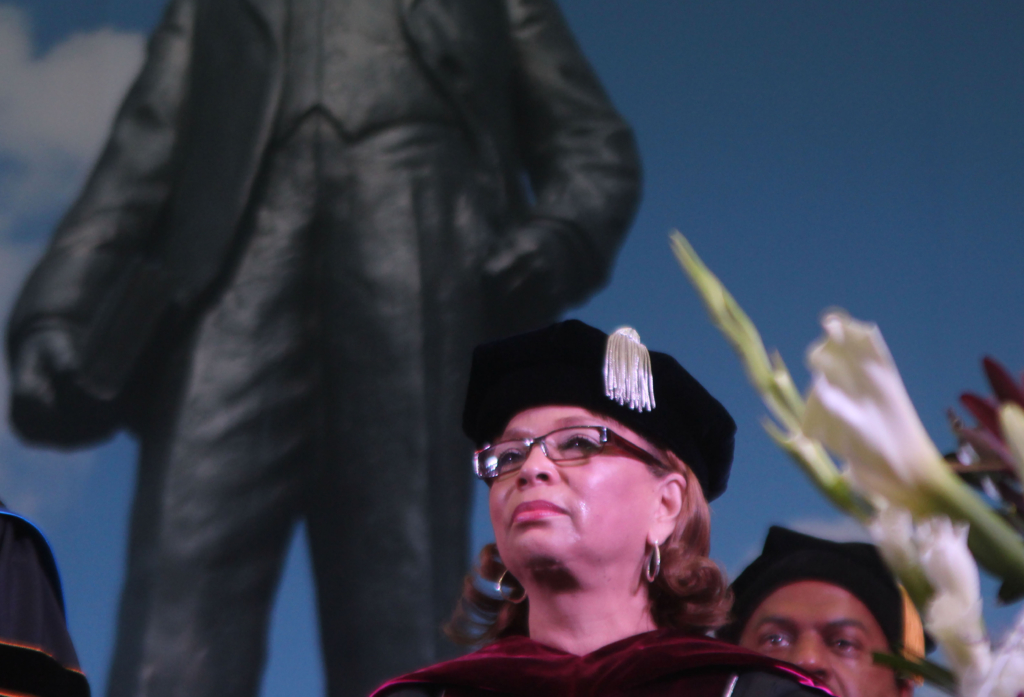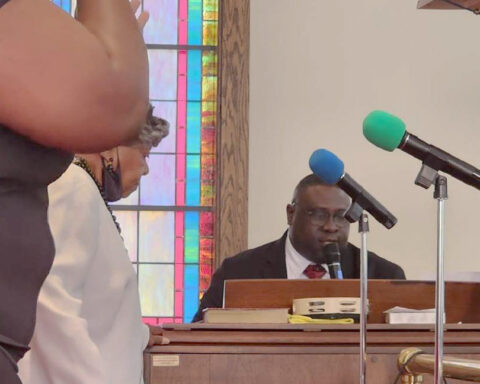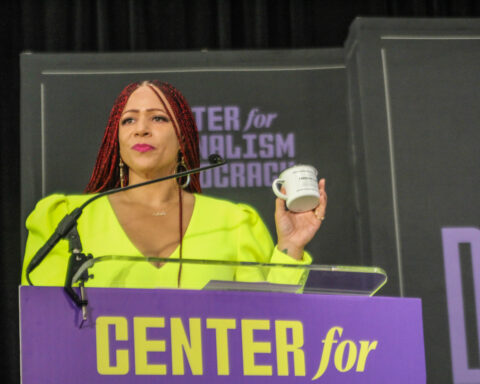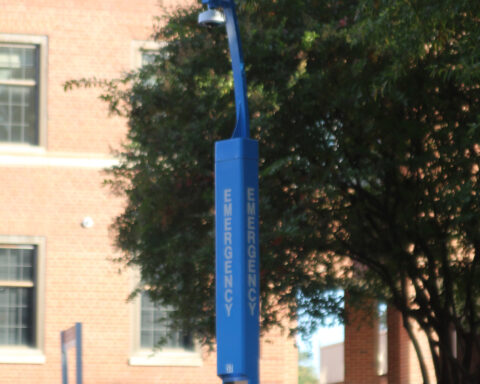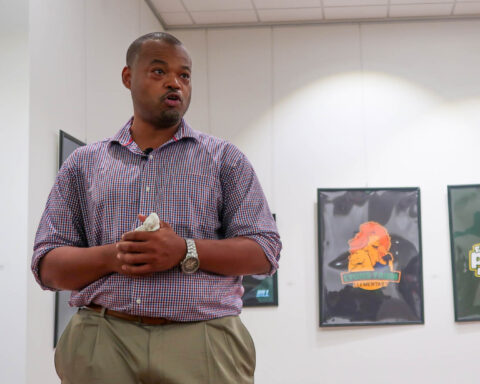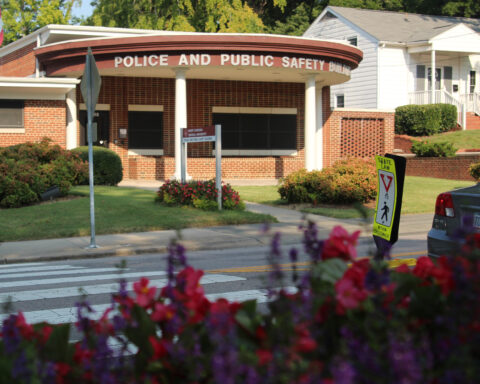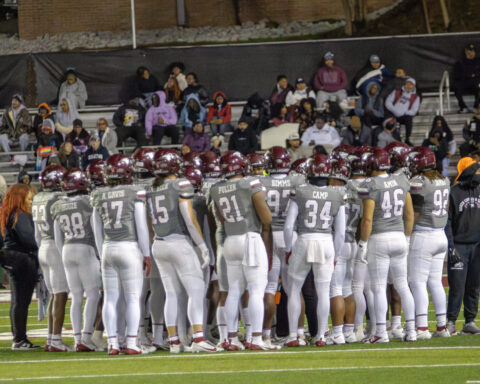N.C. Central University Chancellor Debra Saunders-White, along with 11 other University of North Carolina system chancellors, just got a hefty raise.
The UNC system’s Board of Governors – 32 individuals appointed by the N.C. Senate – voted in a closed meeting on Oct. 30 to raise the salaries of the 12 chancellors.
Saunders-White’s raise of 16 percent boosted her annual salary by $50,000 to $330,000.
N.C. State University Chancellor Randy Woodson received a 13 percent raise of $70,000. This brings his salary to $590,000. Western Carolina University’s David Belcher received a 19 percent raise of $63,500. His new salary is $387,500.
Lou Bissette Jr., interim chair of the Board of Governors, told WNCN that UNC’s chancellors “are really the backbone of the system. We expect to have the very best system of higher education in the country, and in order to do that, you have to have the very best individuals running those campuses.”
But the raises come in the wake of a decade-long series of severe budget cuts to all UNC universities.
NCCU alone has undergone $60 million in budget cuts in the last decade, resulting in faculty and staff layoffs, program eliminations, tuition increases and decreased funding in departments.
In response to the 2013 budget cuts of $135 million to all UNC universities, then-NCCU SGA president Reggie McCrimmon told the Campus Echo that the cuts “will hinder our ability to recruit highly talented students into NCCU.”
Then-SGA vice president Carmelo Montalvo said he feared that class sizes would increase and become unmanageable. “This takes away the face-to-face relationships with professors that students really appreciate,” Montalvo said. “Students need to raise hell.”
NCCU faculty have received only a single 1.2 percent raise since the 2008 economic recession. This year UNC system faculty and staff will be receiving a one-time $750 bonus in December.
“The Board of Governors has gone off the rails, and then they’ve gone off the rails farther,” UNC-Chapel Hill professor Altha Cravey told WNCN-TV. “This is obscene. These kinds of raises are obscene.”
At NCCU, Tom Evans, a former associate professor in the department of language and literature now teaching part-time, had this to say about the raises: “You think you might want to share the wealth and give the faculty a raise.”
But 30 Campus Echo emails sent to NCCU faculty asking for a response to the chancellor raises remained unanswered as of 6 p.m. Thursday.
Angela Miles, chair of the department of business administration, said she wasn’t aware of the pay raise, but when informed she said she thought it was “rewarding.”
“I think that is a good thing,” said Miles, adding that the legislature might now go a step further and give raises to faculty and staff.
“I think that the legislature should give more recognition to faculty, ensuring that the UNC system remains as a model education system,” she said.
Chemistry junior Nicole Boone said she would like to see the chancellors do more for their big salaries.
“I can’t say that she [Saunders-White] doesn’t deserve a raise. When you have that title, you need to be able to do more than what is required of you,” said Boone. “I feel like the professors on campus should have received a raise as well.”
Mass communication sophomore Collin Ellis said he doubts Saunders-White needs such a large raise and that there are better uses for the money. “I think they should use that money for other departments on campus,” Ellis said.
Mass communication senior Genesis Jackson was critical of the raises and even suspicious of the motives behind them.
“I looked at three particular chancellors in the Triangle and they all have something negative surrounding them,” said Jackson. “I thought it was hush money.”
But SGA president Olivia Robinson said Saunders-White deserves the raise. “It was well deserved for all the hard work the chancellor does,” Robinson said.
The UNC system’s 17 chancellors collectively earn just less than $6 million. In all, the raises amounted to about $675,000. UNC chancellors are provided free housing, housecleaning staff and automobile expenses. As an executive parachute, they are provided with their salary for one full year after they leave.

